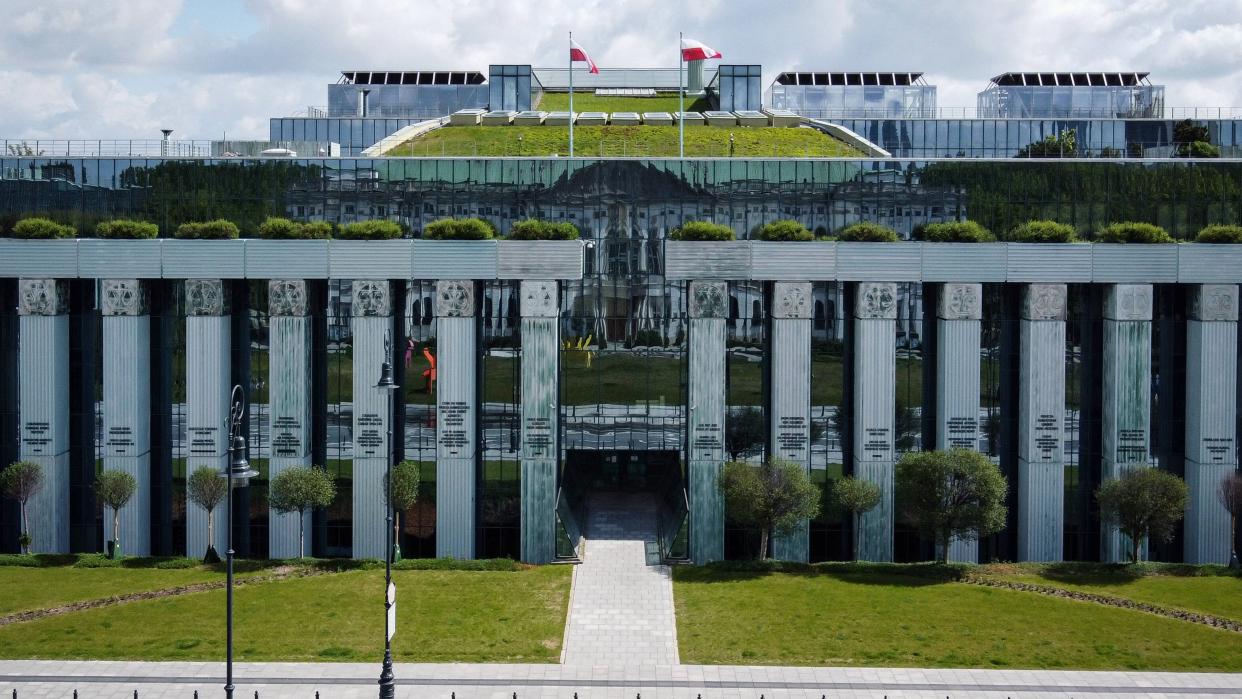Young Europeans are losing faith in democracy, with a shocking 21% expressing support for authoritarian rule under unspecified circumstances, according to a new poll by YouGov for the Tui Foundation. This alarming trend is particularly pronounced in France, Spain, and Poland, where less than half of the youth believe that democracy is the best form of governance. The survey reveals deep divisions and growing discontent among Europe’s Generation Z, raising significant concerns about the future of democratic values across the continent.
Varying Levels of Support for Democracy
The survey results indicate that while a majority of young Europeans—57%—still prefer democracy, this support is not uniform. In Poland, support drops to just 48%, while young people in Spain and France hover around 51-52%. Germany stands out with a comparatively high support rate of 71%. This divergence in democratic support points to regional disparities that can be traced back to economic conditions and political disillusionment.
Perceptions of Threats to Democracy
Almost half of the respondents, 48%, voiced concerns that their democratic systems are under threat. This sentiment is strongest in Germany, where 61% feel endangered by rising far-right sentiments. The data suggests that economic instability and a perceived loss of political agency are fueling these fears. Thorsten Faas, a political scientist involved in the study, noted that those who identify as politically right and feel economically disadvantaged see democracy as increasingly unviable.

France election 2024 live: NFP wins most seats, Macron"s bloc ...
Political Polarization and Ideological Extremism
The survey underscores a troubling rise in political polarization, with 19% of young Europeans now identifying as politically right of center—up from 14% in 2021. This shift indicates a drift toward ideological extremes, with notable differences in gender identification. Women in Germany, France, and Italy are increasingly identifying as progressive, while young men in Poland and Greece are leaning more conservative. This ideological divide poses challenges for democratic engagement and civil discourse.
Young Europeans and the EU"s Role
Despite their concerns about democracy, a significant portion of young Europeans still expresses hope for the European Union"s potential. Two-thirds support their countries remaining in the bloc, yet 39% feel the EU is not particularly democratic. The survey reveals that many young people perceive the EU as overly focused on bureaucratic details rather than pressing issues like the high cost of living and economic stability. The EU"s perceived shortcomings could undermine its legitimacy and the commitment of younger generations to the European project.

Poland"s Legal Mess | DGAP
Climate Policy and Economic Growth
While support for climate protection remains high among young Europeans, only one in three prioritize it over economic growth, a notable decline from 44% in 2021. This shift reflects a growing anxiety about economic insecurity, suggesting that young people are torn between the urgent need for climate action and the immediate pressures of economic survival. As political narratives increasingly center around economic issues, the challenge will be to reconcile environmental sustainability with economic stability.



![[Video] Gunfire between Iraqi security forces and Sadr militias in Baghdad](/_next/image?url=%2Fapi%2Fimage%2Fthumbnails%2Fthumbnail-1768343508874-4redb-thumbnail.jpg&w=3840&q=75)
